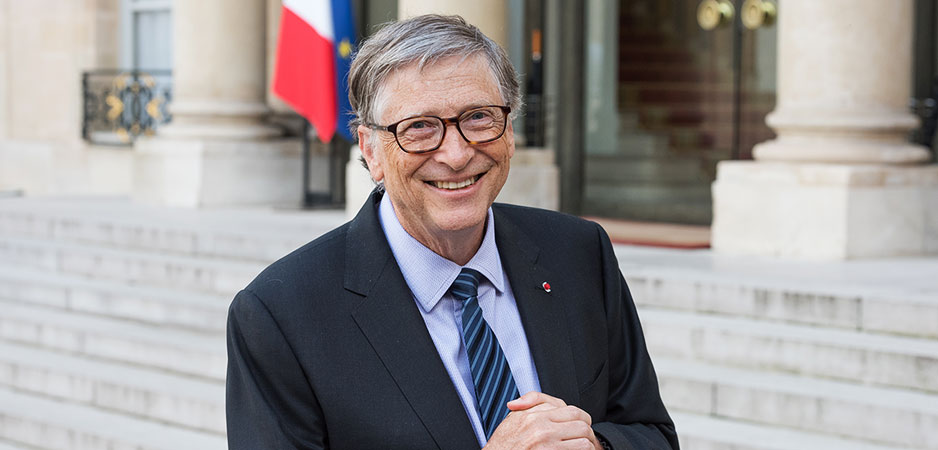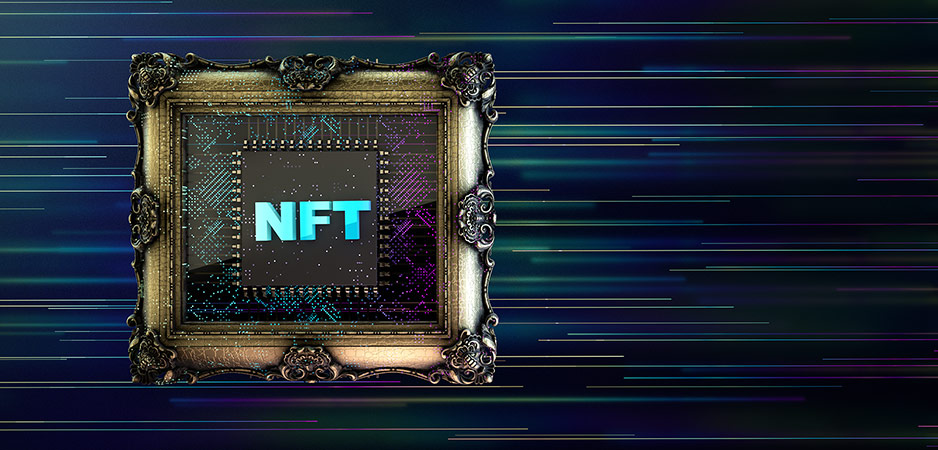The silver lining amidst the trauma and tragedy of the first year of the COVID-19 pandemic was the 7% decrease in carbon emissions worldwide — 2.4 billion fewer tons than in 2019 — that accompanied quarantines, lockdowns and the resulting decrease in travel. With vaccination rates picking up in developed states, the return to international travel threatens a return to pre-pandemic carbon production levels in international development, a field that prides itself on sustainability.
Guacamole, or so BBC has claimed, is “undoubtedly one of Mexico’s most popular dishes,” dating back to the times of the Aztecs. Thanks to Pancho Villa and Old El Paso’s spice mix, guacamole has conquered European lunch and dinner tables from Norway to France, from Switzerland to Spain. Served as an appetizer or a side dish, guacamole is a versatile culinary delight.
Bill Gates had his first extended moment in history at the end of the 20th century. He regularly appeared as the richest, but also the nerdiest, man on earth. His rarely eclipsed top ranking lasted for at least two decades. Perhaps bored by the idea of holding wealth, he eventually decided to leave the management of Microsoft — the source of his ever-growing fortune — to others as he carved out for himself a different place in history, a far nobler one.
Since people invented writing, communications technology has become steadily more high-bandwidth, pervasive and persuasive, taking a commensurate toll on human attention and cognition. In that bandwidth war between machines and humans, the machines’ latest weapon is a class of statistical algorithm dubbed “deep AI.” This computational engine already, at a stroke, conquered both humankind’s most cherished mind-game (Go) and our unconscious spending decisions (online).
Everyone has a personal relationship with YouTube. That’s just the way YouTube works. It is literally the platform that gives you what you — uniquely you and nobody else — want. It “understands” your tastes and needs. Understanding means gauging your unconscious reflexes in a statistically significant way. Most people would agree that, while the platform appears to “think about” each of our choices and anticipate what we want to see next, its obtusity and insensitivity to our real desires regularly become apparent. Why is it offering me a document that is obviously tendentious propaganda from a right-wing Australian TV station? I’m not right wing and I’m not Australian. Perhaps if I watched that video, I would discover that the discourse it contains might provide an example of language worthy of appearing in The Daily Devil’s Dictionary.
Past the glow of the Shanghai evening, a single red beam threads its way into the silent stratosphere. It is a laser originating from a laboratory whose machinery few can operate or explain. The laser is meant to bounce off a distant satellite before returning for the purpose of encrypting an otherwise earthly conversation in a manner as secure as it (once) was impossible.
Many will remember 2020 as the year of COVID-19, an invisible pestilence that is still haunting the world a full year after its outbreak in the form of a global pandemic. Though it is still rather early, 2021 may one day be remembered as the year of an unexpected financial epidemic, the craze for NFTs, or non-fungible tokens.
Wired this week features a story by Will Knight with the title, “Why a YouTube Chat About Chess Got Flagged for Hate Speech.” It highlights the curious relationship between the natural behavior of human beings and the sophisticated but fundamentally unnatural logic of artificial intelligence (AI). Until very recently, our civilization thought of data simply as the formally defined information humans gleaned from their collective experience of the world. In recent years, the innocent notion of data morphed into a compelling and powerful phenomenon called Big Data. This new organic personality foisted on what was formerly thought of as a collection of random facts became a kind of Frankenstein’s monster.
Globally, the short-term changes in pollution levels associated with COVID-19 lockdown measures highlighted the importance of investment in renewable energy sources more than ever. India’s National Solar Mission was set as one of the policy initiatives under the National Action Plan on Climate Change in 2010. As a signatory to the 2015 Paris Climate Agreement, India has committed to generating 175 GW of renewable energy capacity by 2022, which included a major share of 100 GW from solar, 60 GW from wind, 10 GW from biomass and 5 GW from hydropower.
The battle of media titans over their profits — and our data — triggered by Australia’s attempt to make Google and Facebook pay for the news they use has little to do with the public interest. If we are worried about the quality of news and information, there’s not much to choose between the Murdoch press, which backs the news bargaining code proposed by the Australian government, and Facebook’s disinformation mills. The two often work hand in glove, as demonstrated by the way Rupert Murdoch’s flagship paper, The Australian published false narratives about the devastating bushfires last year, many of them poached from the online conspiracy theory fever swamp. In particular, as The New York Times has noted, The Australian echoed debunked claims that arsonists were to blame for the catastrophic fire season — even as online trolls and bot farms circulated the same false information online.










